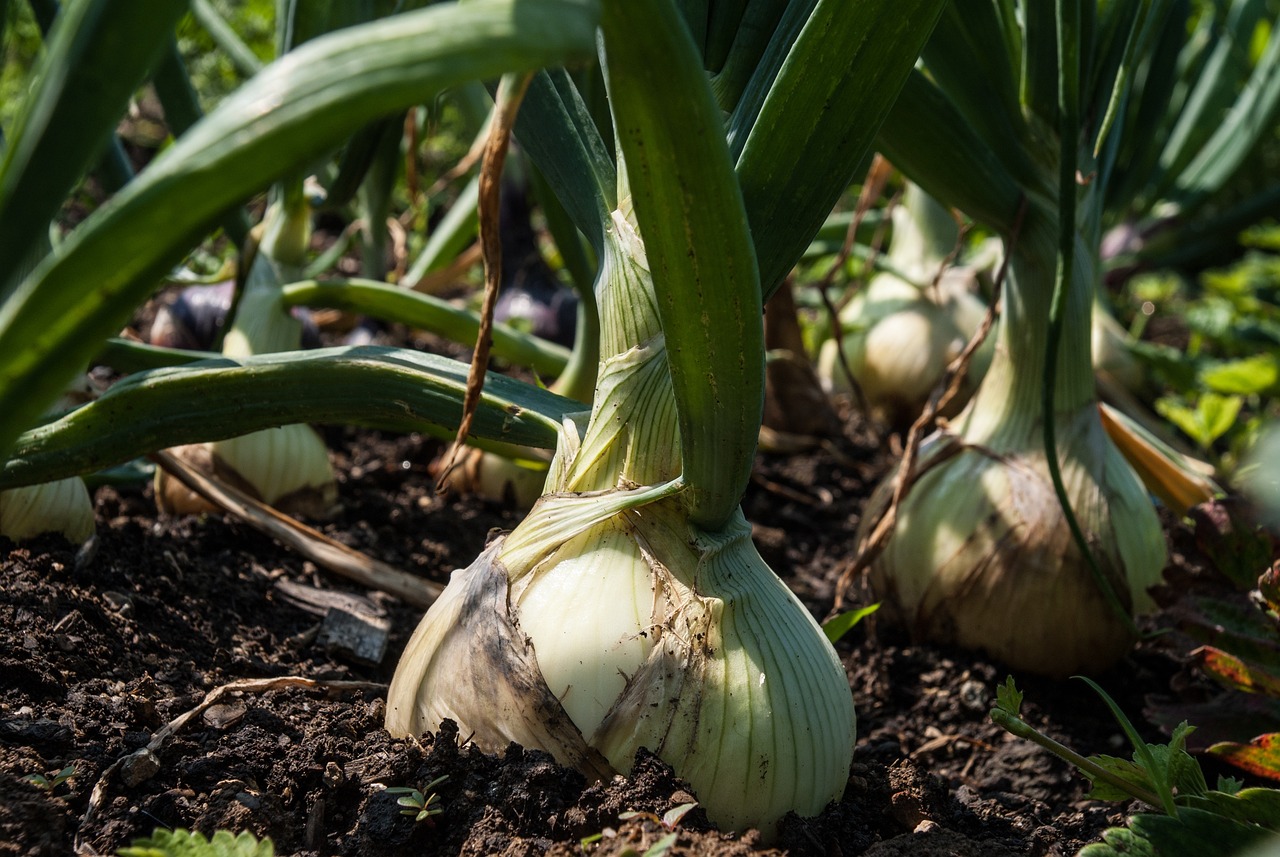The Role of Agroecology in Building Resilient Food Systems: Bet bhai login, Radheexch, Lotus365
bet bhai login, radheexch, lotus365: Agroecology is a holistic approach to agriculture that focuses on the relationships between different components of an agricultural system, including plants, animals, humans, and the environment. This approach emphasizes the importance of biodiversity, promoting healthy ecosystems, and using traditional knowledge and practices to create sustainable food systems. In recent years, agroecology has gained widespread recognition for its potential to build resilient food systems that can withstand challenges such as climate change, resource scarcity, and social inequality.
The Role of Agroecology in Building Resilient Food Systems
Agroecology plays a critical role in building resilient food systems by promoting biodiversity, enhancing soil health, and empowering local communities. By diversifying crops, incorporating natural pest control methods, and reducing reliance on external inputs like chemical fertilizers and pesticides, agroecology helps farmers adapt to changing environmental conditions and reduce their vulnerability to climate-related disasters. Additionally, agroecological practices such as crop rotation, agroforestry, and integrated pest management improve soil fertility, increase water retention, and reduce erosion, making farmland more productive and sustainable in the long run.
Furthermore, agroecology prioritizes the needs and knowledge of local communities, ensuring that food production is culturally appropriate, socially just, and economically viable. By empowering small-scale farmers, indigenous peoples, and women, agroecology promotes food sovereignty and local self-reliance, reducing dependency on global markets and increasing food security at the grassroots level. Through participatory research, farmer-led experimentation, and knowledge-sharing networks, agroecology fosters innovation, collaboration, and resilience within farming communities, enabling them to respond effectively to challenges and opportunities.
Overall, agroecology offers a comprehensive framework for transforming food systems towards sustainability, equity, and resilience. By emphasizing ecological principles, social equity, and cultural diversity, agroecology can address the root causes of food insecurity, environmental degradation, and social injustice, while promoting more resilient, inclusive, and regenerative food systems for the future.
The Potential of Agroecology in Addressing Global Food Challenges
Agroecology holds great potential in addressing the complex challenges facing global food systems today. With the world’s population expected to reach 9 billion by 2050, there is an urgent need to produce more food while minimizing environmental impact and ensuring social equity. Agroecology offers a viable alternative to conventional industrial agriculture, which relies heavily on chemical inputs, monocultures, and genetic engineering to boost yields at the expense of natural resources, biodiversity, and human health.
By promoting agroecological practices such as agroforestry, polyculture, and conservation agriculture, farmers can enhance productivity, diversify income sources, and mitigate climate change while protecting the environment, conserving water, and improving soil health. Agroecology also encourages the use of local seeds, traditional knowledge, and indigenous practices, preserving cultural heritage, promoting food sovereignty, and empowering marginalized communities to participate in food production and decision-making processes.
Furthermore, agroecology offers a viable pathway towards sustainable intensification, which seeks to increase food production while minimizing negative impacts on the environment and society. By optimizing ecological processes, maximizing resource use efficiency, and enhancing resilience to climate change, agroecology can help farmers achieve higher yields, better incomes, and improved livelihoods without compromising the long-term viability of natural resources or the well-being of future generations.
FAQs
Q: What are some key principles of agroecology?
A: Some key principles of agroecology include biodiversity, ecological balance, social equity, and cultural diversity. By promoting these principles, agroecology aims to create sustainable, resilient, and inclusive food systems that benefit both people and the planet.
Q: How can farmers adopt agroecological practices?
A: Farmers can adopt agroecological practices by diversifying crops, rotating crops, integrating livestock, conserving water, and enhancing soil health. By incorporating these practices into their farming systems, farmers can improve productivity, reduce costs, and mitigate risks while promoting environmental stewardship and social justice.
Q: What are some potential benefits of agroecology?
A: Some potential benefits of agroecology include increased food security, improved soil fertility, enhanced biodiversity, reduced greenhouse gas emissions, and strengthened community resilience. By adopting agroecological practices, farmers can build more sustainable, productive, and equitable food systems that can withstand challenges and opportunities in the future.
Q: Are there any challenges to implementing agroecology?
A: Yes, there are challenges to implementing agroecology, including lack of access to resources, limited technical support, and resistance from policymakers, agribusinesses, and conventional farmers. By addressing these challenges and promoting supportive policies, investments, and partnerships, we can scale up agroecology and realize its full potential in building resilient food systems for the future.







